In a Kashmiri apple orchard, a young fugitive from the Indian army’s cruel oppressions spots a snake that has ‘mistaken its tail for a separate creature’ and started to devour itself. Imran, a.k.a. ‘Moscow’, will later break away from the equally barbaric Islamist insurgents who prey on his rage and grief, flee to Pakistan, and there meet the other protagonists of this fifth novel by Nadeem Aslam. Although The Golden Legend has plenty of passages of exposition and argument, Aslam shines above all as the fabricator of radiant images that tell a story in themselves. That self-consuming serpent — an ouroboros in Greek myth — here embodies not only the cycle of birth and death but the self-destructive urges of a brazen era that eats itself up with bigotry and bitterness.
In the city of Zamana — a thinly disguised Lahore, renamed to signify (in Urdu) ‘the age’ or ‘the times’ — the married architects Nargis and Massud have built not only a house crammed with books and beauty but a ‘small nation of love’. Here they close the door on sectarian spite and violence. Unknown to her husband, Nargis began life as Margaret: a Christian girl raised in a bishop’s household. Aslam’s warm sympathy for the plight of this hideously persecuted minority in the ‘land of the pure’ threads through a book as notable for its generous heart as its bejewelled prose.
When jihadis ambush a CIA agent and Massud accidentally dies in the crossfire, Nargis refuses American ‘blood money’ —and the manipulated chaos of Pakistan rips open the family’s ‘pocket of love and comfort’. This haven also shelters their Christian housekeeper-cum-protegée, Helen. Her rickshaw-driving father, Lily, has already lost his wife Grace to the unchecked hatreds of mob, police and law. For all his rhapsodic lyricism, Aslam never strays too far from reality. In 2013, rioters torched scores of Christian homes in the Lahore neighbourhood of Badami Bagh.
Lily enters a dangerous liaison with Aysha, widowed daughter of a saintly cleric at the local mosque: Aslam also offers salaams to the gentle, eclectic Sufi Islam of Punjab, swept away by Saudi-sponsored fanaticism. US attacks have killed Aysha’s naive jihadi husband and left her little son Billu legless: innocent ‘collateral damage’ in the war on terror. Strenuously, The Golden Legend pushes each figure into an allotted square on the moral chequerboard of South Asian geopolitics. Likewise, the lost idyll of ‘umbilical connections’ between faiths and traditions has its didactic side, as we learn via earnest asides that ‘nothing in the East or West was ever pure’.
As Nargis, Helen and Imran go on the run, the pace quickens. Sermons give way to suspense. Aslam’s dreams and nightmares catch fire on the page not in well-intentioned homilies but through his speaking imagery: the emeralds and rubies served on children’s plates to hide them from rapacious soldiery; the dusty museum of glass fruit and flowers curated by a kindly soul; or the encyclopaedia of tolerance, compiled by Massud’s father, sliced up page by page by military thugs so that our history of mutual respect and enrichment lies shredded and ‘scattered on the floor’.
Got something to add? Join the discussion and comment below.
Get 10 issues for just $10
Subscribe to The Spectator Australia today for the next 10 magazine issues, plus full online access, for just $10.
You might disagree with half of it, but you’ll enjoy reading all of it. Try your first month for free, then just $2 a week for the remainder of your first year.

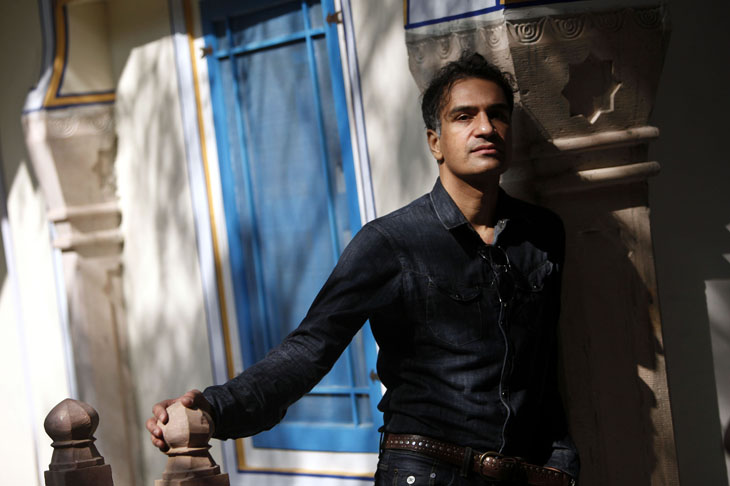
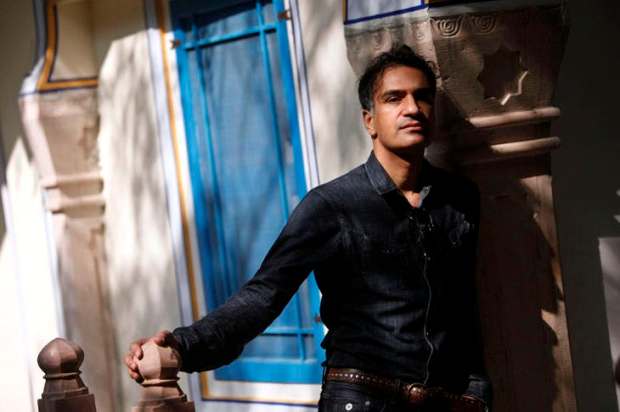
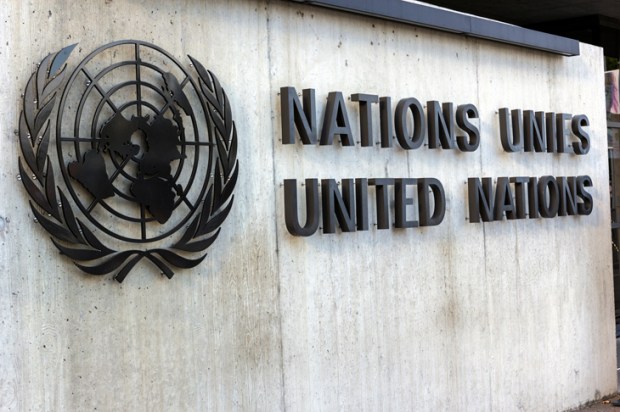
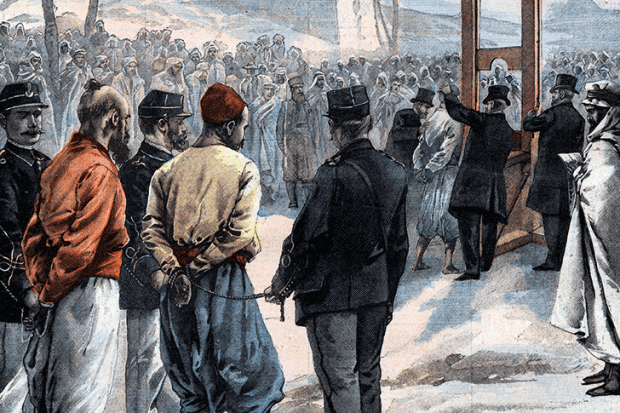
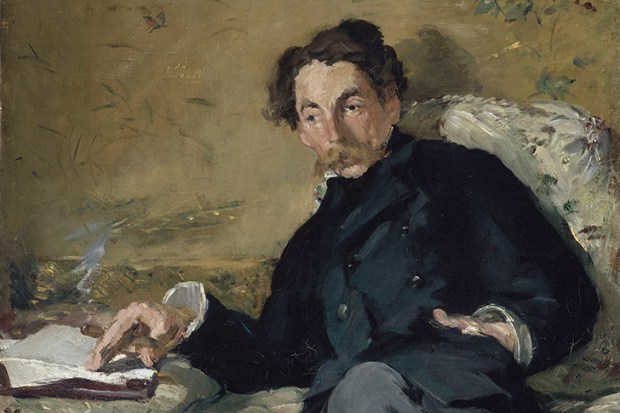
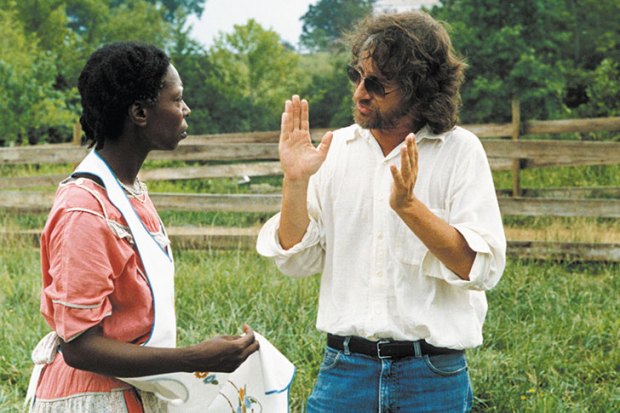







Comments
Don't miss out
Join the conversation with other Spectator Australia readers. Subscribe to leave a comment.
SUBSCRIBEAlready a subscriber? Log in